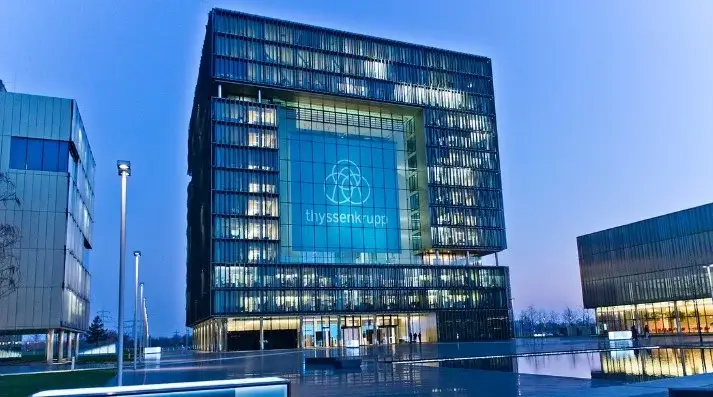Thyssenkrupp Steel has officially launched a tender for the supply of hydrogen for its first direct reduction plant.
In combination with two new electric smelters, this will form the centerpiece of the first phase of Thyssenkrupp's decarbonization transformation under the tkH2Steel project, the company says.
The steelmaker said last month that the tender would be carried out in three stages.
Hydrogen requirements are being put out to tender as part of a transparent and broad procedure with the aim of fully operating the hydrogen direct reduction plant already by 2029. The tender is organized in close coordination with the German Federal Ministry of Energy. Economic Issues and Climate Protection (BMWK). Together with the state of North Rhine-Westphalia, the ministry is funding the plant project and the associated increase in hydrogen production to the tune of about 2 billion euros ($2.2 billion).
The plan will allow TK to stop using natural gas at an early stage , as well as to kickstart the expansion of hydrogen production in Germany, the steelmaker notes. The 100% hydrogen direct reduction plant has an annual production capacity of 2.5 million tonnes of DRI.
First use of hydrogen in the plants is planned for 2028. By 2029, the steel plant will use approximately 143,000 tons of hydrogen, equivalent to 5.6 terawatt-hours. tk Steel, the largest consumer of hydrogen in Germany, says it will be the initiator and driving force of the hydrogen economy.
The announcement of the tender for hydrogen volumes has already been published on various portals of the German federal government and the EU. The tender process will be divided into three stages and will target all potential hydrogen suppliers with projects to produce renewable green or blue hydrogen with low CO2 content, with the possibility of delivery to Duisburg.




